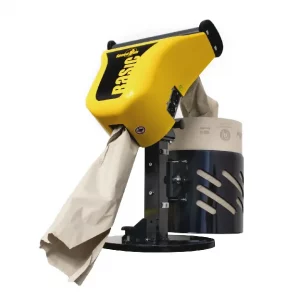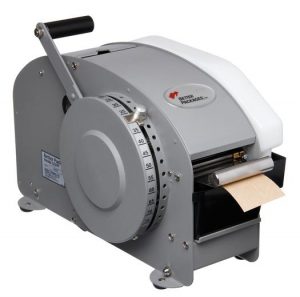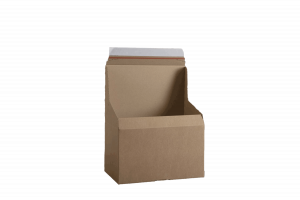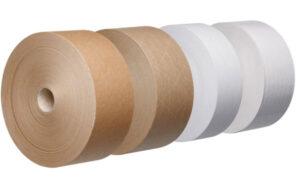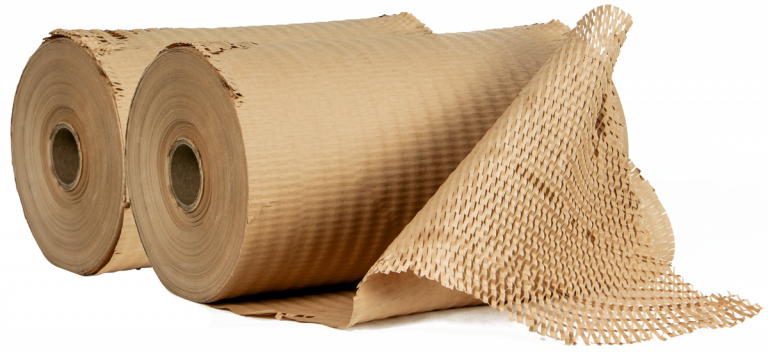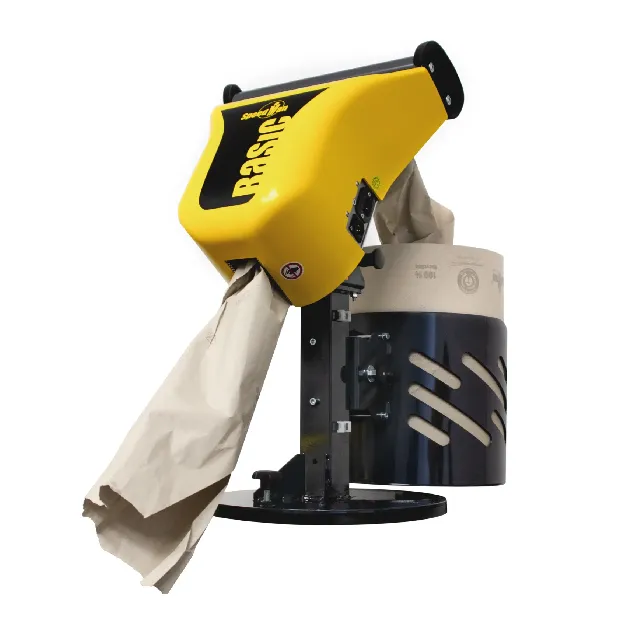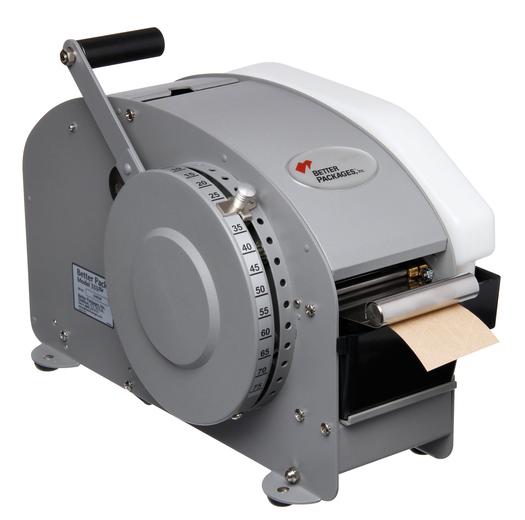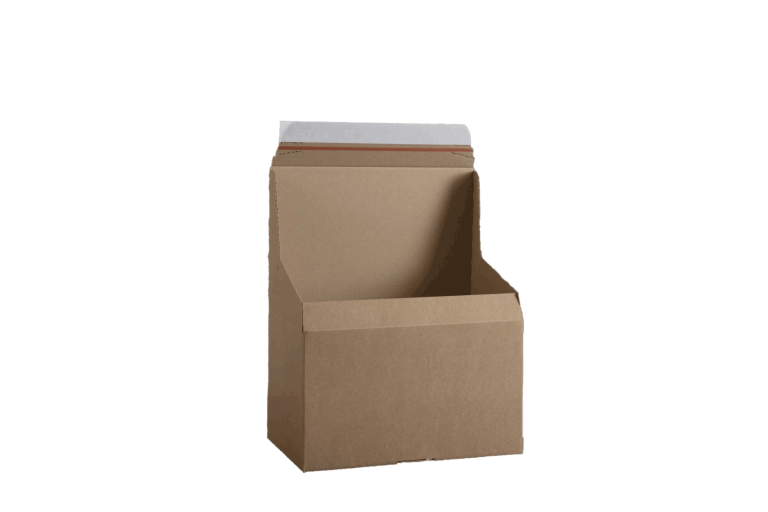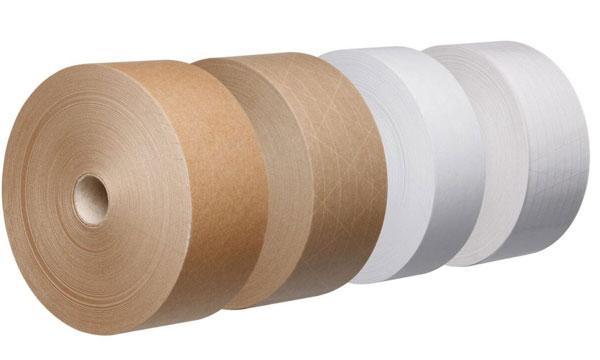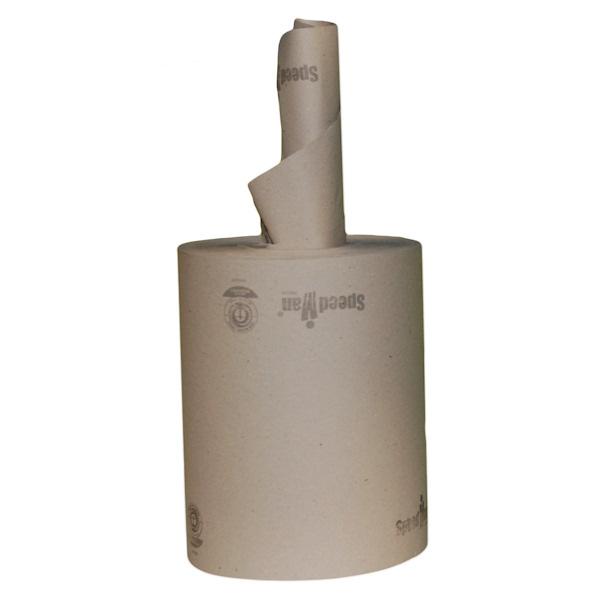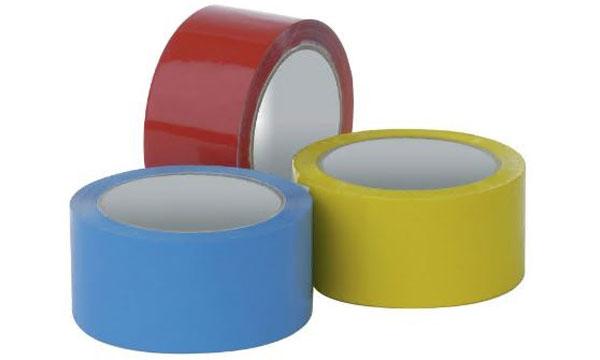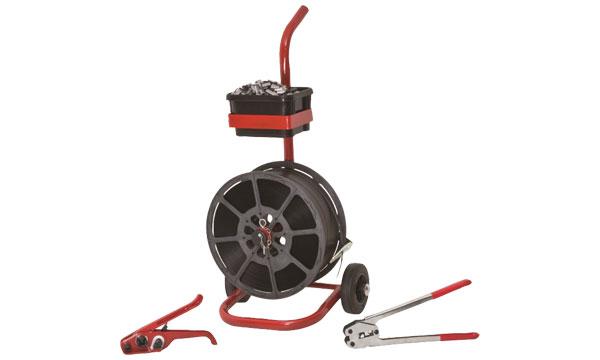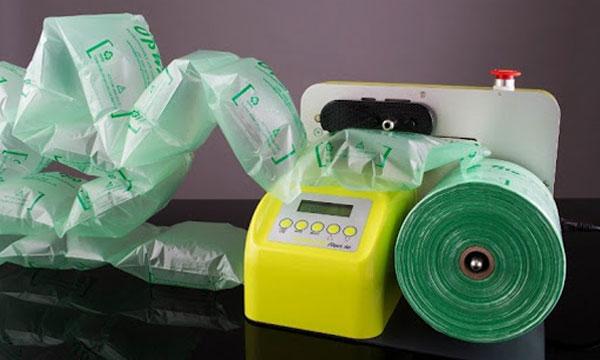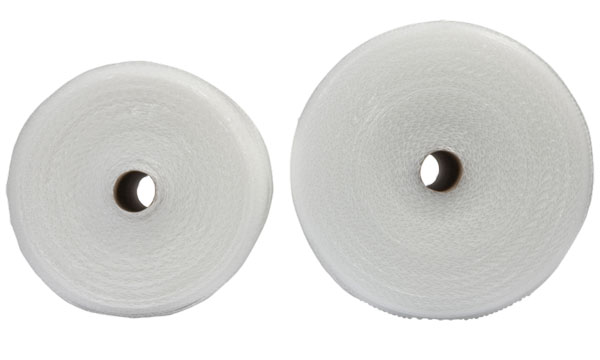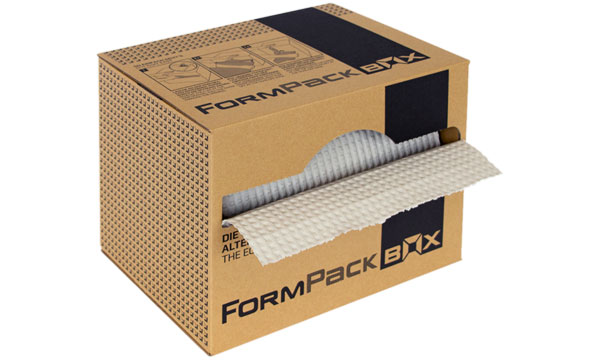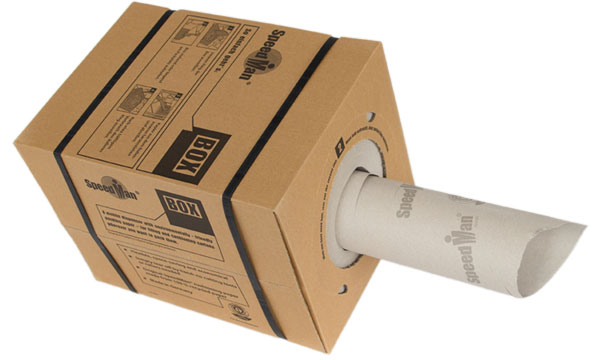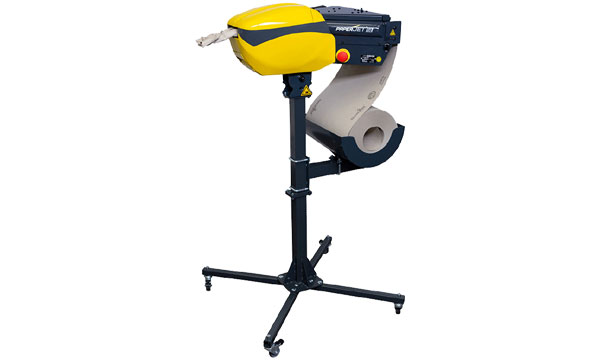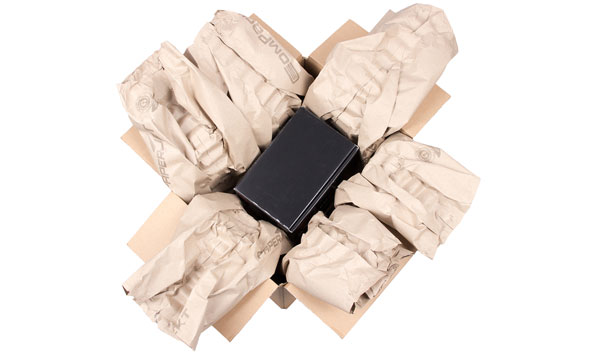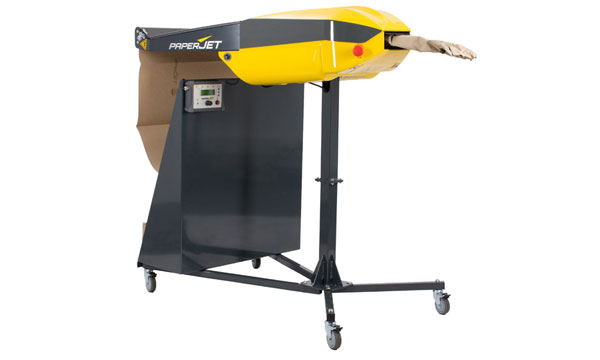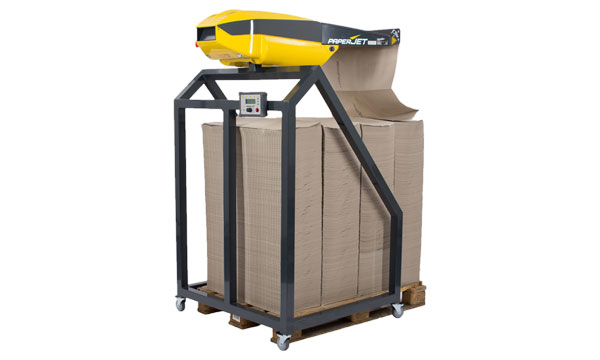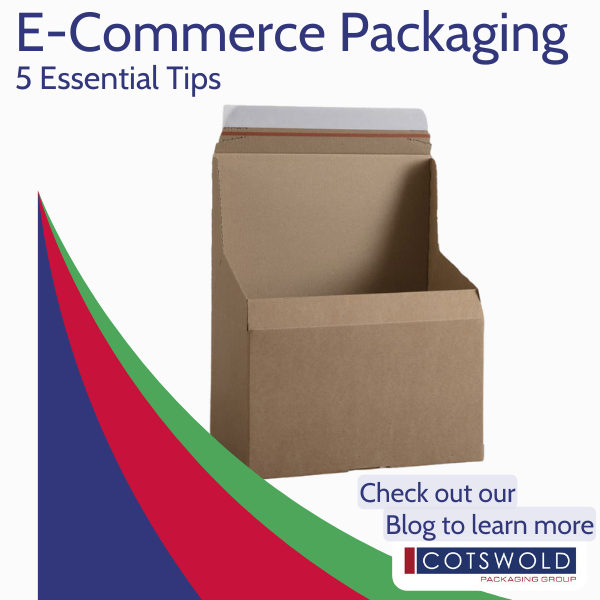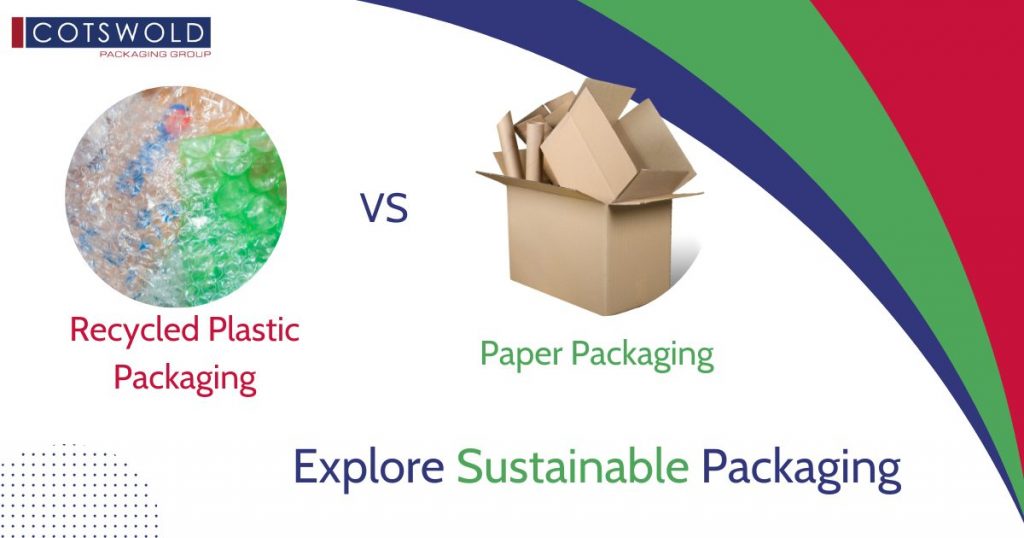
As the world becomes more conscious of the impact of human activity on the environment, businesses are increasingly looking for ways to reduce their carbon footprint. Packaging is one area where companies can make a significant difference, by choosing materials that are more sustainable and environmentally friendly. Two commonly used packaging materials are paper and recycled plastic. While both have their advantages and disadvantages, choosing the right material can make a significant difference in reducing environmental impact. So which is better? Paper or plastic?
In this blog post, we will explore the pros and cons of paper and recycled plastic, and help you make an informed decision about which material is best for your business.
Paper
Paper has been used for centuries and is a popular packaging material due to its natural and biodegradable properties. There are different options even within the category of paper. For example, there is virgin paper, made directly from wood pulp, or recycled paper that has already been used and now re-purposed. Recycled paper is clearly the more eco-friendly out of the two. But now let’s dive into the pros and cons of using paper for packaging.
Pros of using paper for packaging:
- Renewable and biodegradable: Made from natural resources, paper is a renewable and biodegradable material that can be easily recycled or composted.
- Customisable: Paper can be customised with various printing techniques and finishes, allowing for unique and creative packaging designs.
- Lightweight: Paper is lightweight and easy to transport, reducing transportation emissions and costs.
- Affordable: Paper is generally less expensive than other packaging materials, making it a cost-effective option for businesses.
Cons of using paper for packaging:
- Susceptible to moisture: Paper packaging can be susceptible to moisture, which can damage the product inside.
- Not as durable: Paper is not as durable as other materials, making it less suitable for products that require extra protection during transportation or handling.
- Energy-intensive production: The production process for paper can be energy-intensive, contributing to greenhouse gas emissions and environmental impact.
- Deforestation: The use of virgin paper pulp can contribute to deforestation, which can have a negative impact on the environment and wildlife. (Using recycled paper reduces this impact).
Looking at the above pros and cons, it is important to carefully consider the environmental impact of using paper packaging and weigh its advantages against potential drawbacks. If you are looking into paper as a packaging option, recycled paper is a great way to reduce the impact on the environment. Another sensible option is to look out for paper products that are FSC certified. This means you can have confidence that the paper is from a responsible and sustainable source.
Recycled plastic
Recycled plastic is a popular packaging material that is gaining popularity due to its environmental benefits. Recycled plastic is made from post-consumer or post-industrial waste, reducing the need for virgin plastic production and reducing waste in landfills and oceans.
Pros of using recycled plastic for packaging:
- Environmental benefits: Recycled plastic reduces the amount of waste in landfills and oceans, and the need for virgin plastic production, which reduces greenhouse gas emissions and saves energy.
- Durable: Recycled plastic is durable and can provide excellent protection for products during transportation and handling.
- Versatile: Recycled plastic can be moulded into a wide range of shapes and sizes, allowing for various packaging designs and applications.
- Moisture-resistant: Unlike paper, recycled plastic is resistant to moisture and can protect products from damage.
Cons of using recycled plastic for packaging:
- Limited recyclability: Not all types of plastic can be recycled, and recycled plastic can only be recycled a certain number of times before it becomes unusable.
- Price: Recycled plastic is often more expensive than virgin plastic due to the cost of the recycling process.
- Chemical exposure: Recycled plastic may contain chemicals or toxins that can leach into the product inside the packaging.
- Visual appeal: Some consumers may view recycled plastic as less aesthetically appealing than other materials, which can impact sales.
Despite these challenges, recycled plastic is an important material for businesses looking to reduce their environmental impact and promote sustainability. For some applications, paper is just not possible. So using recycled plastics is a brilliant way to look out for the environment as well as your products.
Should you choose paper or recycled plastic?
When choosing between paper and recycled plastic for packaging, there are several factors to consider:
- Product type: Consider the product you are packaging and it’s specific needs for protection and preservation during transportation and storage. Recycled plastic may be more durable and moisture-resistant, making it a better choice for some products, while paper may be a better option for products that do not require as much protection.
- Environmental impact: Consider the environmental impact of both materials. While paper is renewable and biodegradable, it can contribute to deforestation if it is not already from recycled sources. Recycled plastic reduces waste in landfills and oceans, but has limited recyclability.
- Cost: Consider the cost of both materials, including the cost of production, transportation, and disposal. Paper is generally less expensive than recycled plastic, but may not provide the same level of durability or protection.
- Branding and marketing: Consider how the packaging will represent your brand and how it will be perceived by consumers. Paper may be perceived as eco-friendlier and more sustainable, while recycled plastic may be viewed as more durable and modern.
Ultimately, the choice between paper and recycled plastic will depend on the specific needs and goals of your business. Careful consideration of the factors above can help you make an informed decision that balances sustainability, functionality, and cost-effectiveness.
If you would like further guidance into the best packaging for you, contact our helpful sales team today. We will be happy to explain the many options available.







